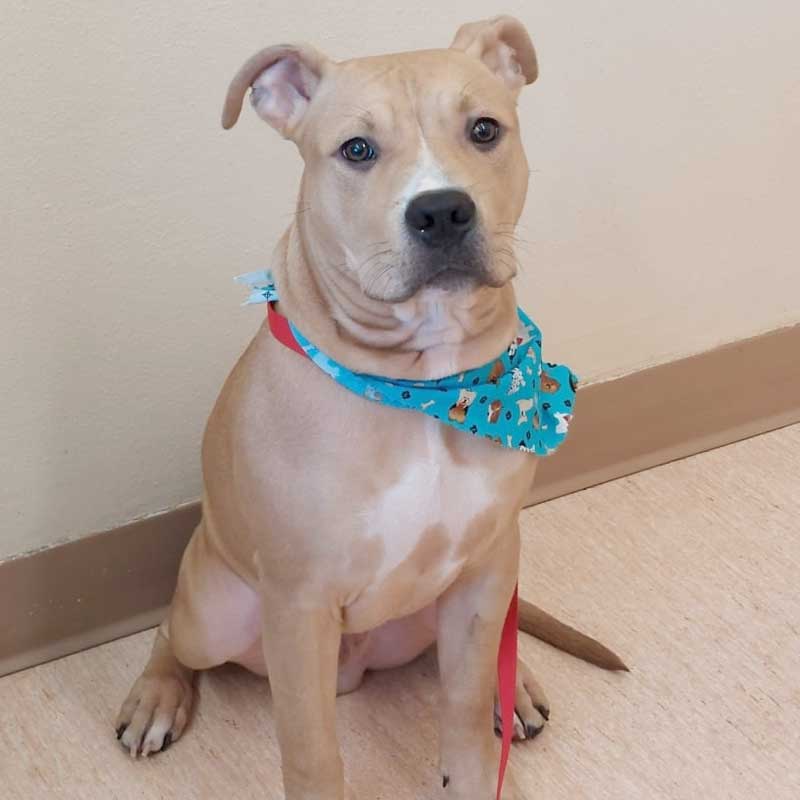FAQs
Here are some questions/answers that we are frequently asked. If you have additional questions that aren’t covered here, please feel free to give us a call at (503) 538-8303.
What are the Hospital hours?
You can find our current business hours here >
Do I need to have an appointment?
Yes, patients are seen by appointment. For your convenience, we also offer drop-off appointments. Walk-in appointments will be accommodated as the schedule permits — we encourage you to call for an appointment to minimize your wait time.
What forms of payment do you accept?
You can find accepted forms of payment here >
Can I make payments?
Payment is required at the time of service.
At what age can I have my pet spayed or neutered?
Spaying or neutering can be done at approximately 6 months of age. However, this recommendation varies based on your pet's breed and lifestyle. Discuss with your veterinarian the right choice for you and your pet. Your pet is given an exam prior to surgery to help determine whether your pet is healthy enough to undergo the surgical procedure. Current vaccinations are required at the time of surgery. Also, a pre-anesthetic blood screen is recommended prior to undergoing anesthesia and surgery.
What is the pre-anesthetic blood screening?
This is a blood test that is run here in the clinic prior to surgery. It tests the organ functions, blood counts, and clotting function of your pet. The pre-anesthetic blood screening is done to assure safety during surgery and the ability to heal following surgery.
How long do the sutures stay in after my pet’s surgery?
Procedures involving sutures require them to be removed within 14 days following the surgery.
Is it a good idea to let my pet have at least one litter?
No, there is no advantage to letting your pet have one litter. However, there are plenty of advantages to having your pet spayed or neutered. These advantages include decreasing the chances of breast tumors later in life, decreasing the chance of cystic ovaries and uterine infections later in life, decreasing the desire to roam the neighborhood, decreasing the incidence of prostate cancer later in life, helping prevent spraying and marking and also decreases the surplus of unwanted puppies and kittens.
Do you do medical boarding for pets?
Yes, we do medical boarding for our clients. We have boarding spaces for both dogs and cats.
What are your kennels like?
We offer dog kennels that are indoor only as well as an indoor/outdoor option. The dogs are walked at least 4 times daily while they are boarding. The cat boarders are housed in a separate area away from the dogs. Blankets and food are provided for our boarders.

